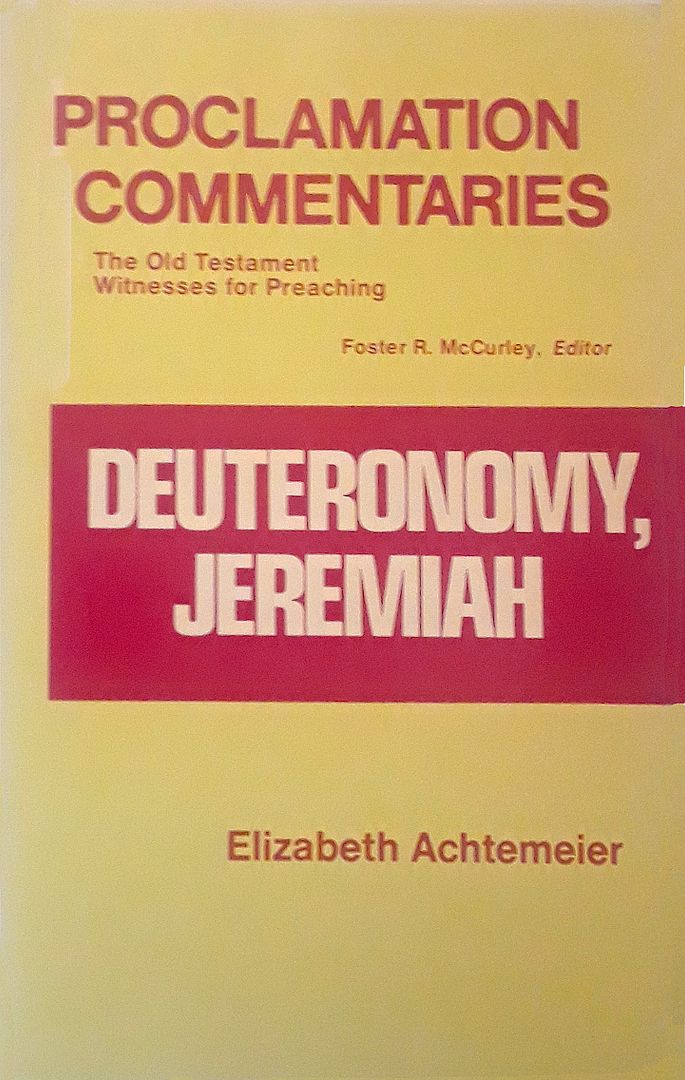Since 2009 the ELCA and UMC have been full communion partners; read about it
here!
Our local Faith, Order & Witness Committee has started to study
Best Practices - A booklet for starting grass-roots conversation, helping "pave the way for the relationship of interim Eucharistic sharing and even full communion between the
Evangelical Lutheran Church in America (ELCA) and the
United Methodist Church (UMC)." I offered to facilitate our first discussion, and of course I need to blog about it, too.

This very slim discussion guide is designed for people in the pew, many of whom I've discovered don't even recognize the word "ecumenism." With 15 pages of actual content, topics and Study Questions include Living a World of Differences; Living as Christian Disciples; Living into an Ecumenical Future; Living our Christian Mission and Witness; Living in Relationship; Conclusion.
The intro explains, "Diplomatic ecumenism ... answers the 'why' of our many interpretations of Christianity," and comments how typically a visitor to a new to them congregation or denomination first observes 1) how and what everyone is doing and then asks 2) why. They tend to be seeking relative comfort and familiarity, a style that works for them. I also know they want somewhere the air isn't so thick with toxic irresolution and dispute you can feel it, breathe it and cut it.
The intro contrasts moving forward at the denominational level when pastors, lay leaders, and judicatory officials are formally involved and at the level of the local church (parish, congregation), that expression of the church everyone knows and that for most, is their most familiar expression of the church. If a person visits a congregation of another denom, esp for worship, initially they'll observe differences that may be generic for that denomination or specific to that particular First Church Any City; they'll notice if people dress in Sunday best or "[almost] anything goes" casual; they'll notice the style of music and hymnody before they identify the style or content of the preaching. I like the text noting that both UMC and ELCA affirm the "same fundamentals" with "different emphases."
Discussion Questions, "Best Practice #1: Challenge your own perceptions" at the end of section 1, "Living in a World of Differences" are excellent: 1) what you like most about your own church or denomination and what difference you particularly liked when you visited another church; 2) how do your own family's Christmas and Easter celebrations reflect religion, ethnicity/culture, or a unique family tradition; 3) given that we seek unity, how can respecting diversity be difficult?

Ethnically and culturally, the United Methodist Church is an extremely diverse denomination scattered throughout planet earth. Worldwide there are many many church bodies or denominations that style themselves "Lutheran," with theology ranging from very conservative to the liberal mainline ELCA itself, a quarter-century young denomination physically located in the United States of America. Episcopal polity is a well-known feature of Methodism, whereas Lutheran polity worldwide ranges from local, a.k.a. "congregational" through episcopal. In addition, Lutheranism represents one of the great confessional, or formally theologically-based ways of being Christian; at ordination Lutherans agree to preach and teach according to the Lutheran Confessions contained in the Book of Concord, or
Concordia, while the
Book of Discipline orders UMC polity. Unlike Lutheranism, Anglicanism is not a
sola scriptura theological tradition, so I'm assuming Methodism isn't, either.
Not all Lutherans in the USA are ELCA Lutherans and not all USA Methodists belong to the UMC. Many if not most Lutheran churches as well as the denominations that formally united to form the Lutheran Church in America and American Lutheran Church (antecedent denominations of today's ELCA) were self-consciously ethnic, attempting to carry and maintain traditions and languages of Finnish, Swedish, Latvian, Norwegian or other old world immigrants into the new world. Even today, there are people in the ELCA who strongly identify with those ethnic origins. My own experiences in the UMC have included a couple of basic middle-class, American issue local churches and a very ethnic Tongan UMC that worshiped and fellowshipped in the Tongan language; they had an Tongan branch of the judicatory, and this was in the Intermountain West of the USA.
Lutheran church bodies are of continental European origin; Methodists, British Isles. Lutherans and Methodists both convey a popular image of being working-class denominations, though both are socially and politically extremely diverse, with members from inner-city and rural underclasses to University (and seminary!) professors and high-ranking government officials. Methodist beginnings as John Wesley sought to establish a movement with the established Anglican Church rather than a separatist one are well known; Martin Luther never intended a new denomination, either, but wanted to reform the Roman Catholic Church of his day. John Wesley never renounced his Anglican orders and eventually Rome excommunicated Luther, rather than Luther or those in his reform movement breaking off from Rome on their own. In the contemporary USA, UMC and ELCA are among the church bodies considered socially, politically, and ecclesiastically part of the Protestant
mainline, churches that in general tend toward the more liberal or open end of the political, social, and theological spectrum.
This booklet is about ecumenism on the local level; for the most part pastors, lay staff and lay leaders aren't involved in more formal ecumenical discussions and interactions, so this would be an excellent resource for them. As the text more than suggests, tell your stories and listen to theirs!




